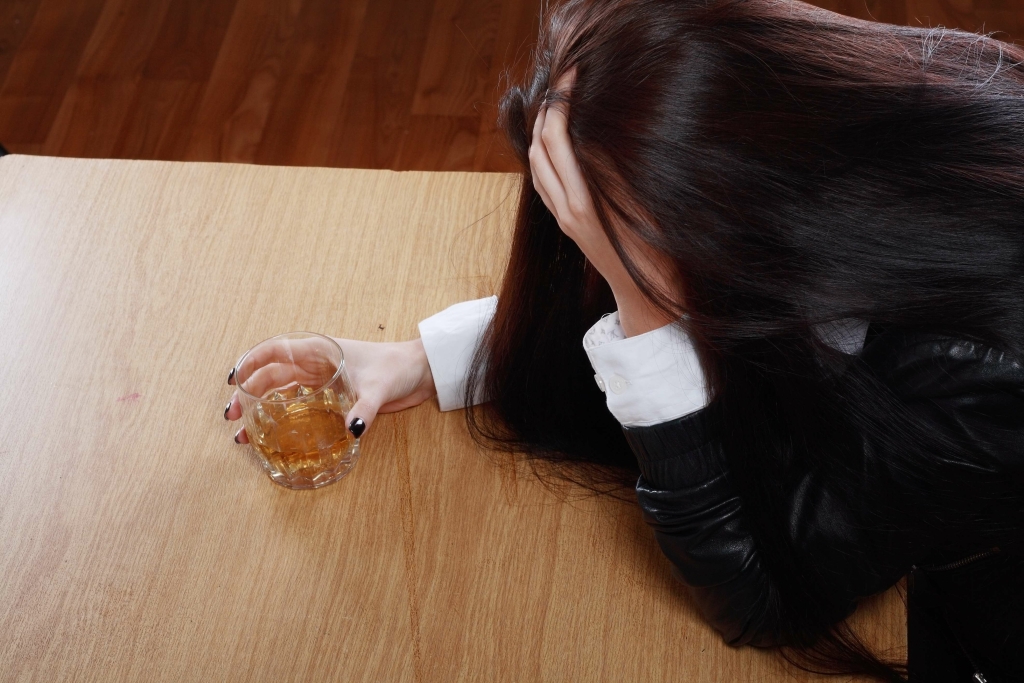Content
Others need medical supervision in order to withdraw from alcohol safely and comfortably. Which option is best for you depends on how much you’ve been drinking, how long you’ve had a problem, the stability of your living situation, and other health issues you may have. In people with a substance use disorder, less than 1% with depressive disorders had substance-induced symptoms. Major depressive disorder is the most common mental health disorder in people with AUD.
- This medication helps you overcome addiction by blocking certain receptors, or areas of your brain that feel pleasure from alcohol.
- A key indicator of alcoholism is that someone relies heavily upon alcohol.
- Both of these might indicate chronic alcohol consumption.
- The goal is to change the thought processes that lead to alcohol misuse and to develop the skills necessary to cope with everyday situations that might trigger problem drinking.
- You can decide how much help you need to quit drinking based on the results of the quiz.
- Studies show that people who are alcohol dependent are two to three times as likely to suffer from major depression or anxiety over their lifetime.
If you drink more alcohol than that, consider cutting back or quitting. Talk to your healthcare provider about proven strategies. They may go to a residential treatment center for rehabilitation . It usually includes several different kinds of behavioral therapies. It may also include medicines for detox and/or for treating the AUD. An AUD can range from mild to severe, depending on the symptoms.
Resources for Families Coping with Mental and Substance Use Disorders
Vivitrol, a version of the drug naltrexone, is injected once a month by a health care professional. Although similar medication can be taken in pill form, the injectable version of the drug may be easier for people recovering from alcohol use disorder to use consistently. Treatment may begin with a program of detoxification — withdrawal that’s medically managed. Sometimes called detox, this generally takes 2 to 7 days.
90% of the alcohol consumption of underage drinker happens during incidents of binge drinking. Three oral medications — disulfiram (Antabuse®), naltrexone (Depade®, ReVia®) and acamprosate (Campral®) — are currently approved to treat alcohol dependence. In addition, an injectable, long-acting form of naltrexone (Vivitrol®) is available. These medications have been shown to help people with dependence reduce their drinking, avoid relapse to heavy drinking, and achieve and maintain abstinence. Naltrexone acts in the brain to reduce craving for alcohol after someone has stopped drinking.
Family and Children’s Programs
Other things, such as having low self-esteem or being impulsive, may raise the risk of alcohol use disorder. You have to drink to ease or avoid the withdrawal symptoms. You have developed a tolerance to alcohol.You have how to overcome alcoholism to drink more than you used to in order to feel the effects of alcohol. Aside from their professional treatment plan, your loved one will need support from you and their family to continue on the path to recovery.
Watching a loved one struggle with addiction can be tough. You may not know what to say or do, but there are many ways to support them. Read on as we explain a few tips for supporting your loved ones through addiction treatment. Post-traumatic stress disorder can feel all-encompassing and overwhelming, but it’s treatable.
Helping an Alcoholic Loved One
Although alcoholism can be treated, a cure is not yet available. “Cutting down” on drinking doesn’t work; cutting out alcohol is necessary for a successful recovery. Because https://ecosoberhouse.com/ the support of family members is important to the recovery process, many programs also offer brief marital counseling and family therapy as part of the treatment process.
